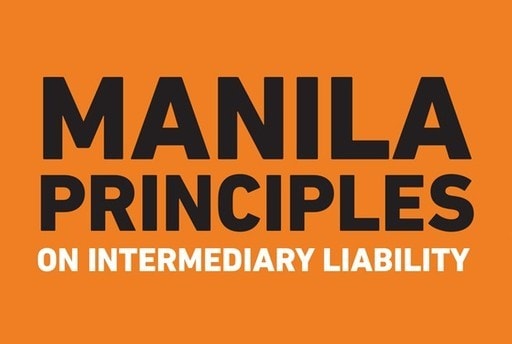Articles by Electronic Frontier Foundation (EFF)

Canada must fix loopholes in its copyright notice system
The Canadian system should rule out the possibility that content will be removed from the Internet without human review, but copyright holders have found ways around it.

Does Internet.org leave Latin Americans without a real Internet?
Internet.org’s vision of a free Internet is limited in reach and access, exactly the limits that Latin-American governments are seeking to eliminate when they work to bridge the digital divide.

Digital tool can help LGBTQ youth securely access information online
The Internet provides a wide-range of resources for LGBTQ youth. Unfortunately, many of these resources get censored, either intentionally or as collateral damage from the use of other filters.

Letter to Canada’s Prime Minister: Anti-terrorism bill cannot be salvaged
Bill C-51 has been widely criticized as irresponsible, dangerous, and ineffective, and many Canadians are saying they won’t be pressured into sacrificing their rights and freedoms.

What should be the qualifications of the U.N. special rapporteur on right to privacy?
Eight human rights organisations have developed an outline of qualifications that they believe are relevant to the selection and appointment of the Special Rapporteur on the right to privacy.

International coalition launches roadmap to protect online freedom of expression
The “Manila Principles for Intermediary Liability”, unveiled on 24 March, were created to empower individuals, intermediaries and governments to fight back when online expression is censored.

NGOs to Bashar al-Assad: Implement your amnesty decree and free Syrian activist Mazen Darwish
The International Press Institute and 23 IFEX members sent a letter to Syrian President Bashar al-Assad calling for the release of lawyer and human rights defender Mazen Darwish ahead of his court hearing on 25 March 2015.

Civil society, computer security experts call for rejection of flawed cybersecurity legislation
The Cybersecurity Information Sharing Act of 2015 has been introduced under the auspices of increased computer and network security. But instead, they have focused on information sharing, without addressing the privacy implications that entails.
